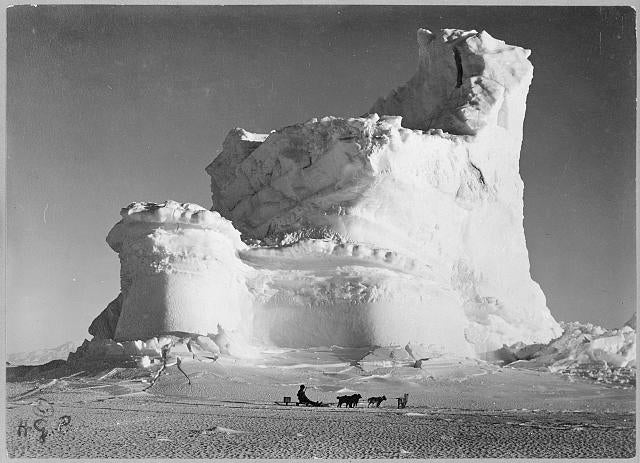Not Essay, Nor Fiction, But Prose: Of Narration
In his manifesto Reality Hunger, David Shields uses assemblage to curate a dialogue about the limits of The Real. The voices he appropriates and sequences implicitly argue that our increasingly urgent twenty-first century desire for reality is compromised by the fact that our storytelling mechanisms are growing further from it. As Shields notes (without acknowledging in the text proper that he is parroting E. L. Doctorow), “There’s no longer any such thing as fiction or nonfiction; there’s only narrative.”
Not Essay, Nor Fiction, But Prose: Of Narration Read More »
In his manifesto Reality Hunger, David Shields uses assemblage to curate a dialogue about the limits of The Real. The voices he appropriates and sequences implicitly argue that our increasingly urgent twenty-first century desire for reality is compromised by the fact that our storytelling mechanisms are growing further from it. As Shields notes (without acknowledging in the text proper that he is parroting E. L. Doctorow), “There’s no longer any such thing as fiction or nonfiction; there’s only narrative.”






